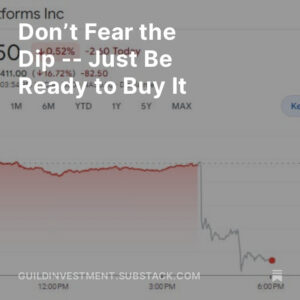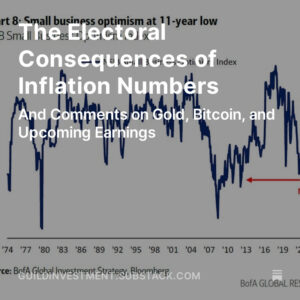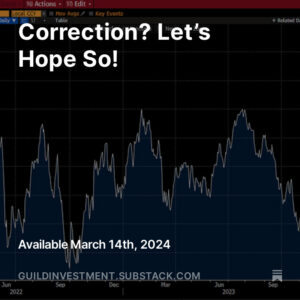U.S. and Global Stocks
We don’t believe that last week’s declines represented a rational response to neutral analysis of the risks posed by COVID-19. The data we have so far lead us to believe that those risks are relatively modest — that COVID-19 will not be a global black swan, that China will not be driven into recession, that global supply chains will not collapse, and that the world will not be pitched into a deep recession.
It is likely, though, that we have not seen the last of virus-related volatility. We will need to see more and clearer data on the pandemic’s unfolding, especially a better understanding of mortality and transmission rates, before global sentiment will be able to mount a stronger recovery. This week thus far we have seen a reflex of buying in the face of last week’s steep declines, but if history is a guide, there may be a retest of the lows prompted by new alarming developments before the markets’ uptrend resumes.
The Federal Reserve acted preemptively and strongly — perhaps so strongly that the action spooked market participants a bit. (People may have been wondering if Mr. Powell knew something that we didn’t.) Its 50-basis-point cut this week was the first rate cut outside a meeting of the FOMC since the Great Financial Crisis. Markets and analysts are anticipating further cuts at the March meeting, and in April. Observers are seeing more coordinated activity from the world’s financial chiefs, and a large stimulus in China.
In the bigger picture, then, we observe that there is still no appetite among the world’s financial authorities for deflation or for falling asset prices, and there is a lot of ammunition waiting to be deployed, including, ultimately, measures that have not yet been seen. Former Fed Chair Janet Yellen opined recently that the Fed should buy stocks during the next crisis, while former Fed Chair Ben Bernanke recently said that QE was now a standard and normal element of central bank policy. ECB President Christine Lagarde has praised “creative” efforts to overcome financial malaise. This is the new reality of the post-crisis world, and it has been a consistently foolish bet in the post-crisis period to bet against the people who are printing the money, or taking other actions to expand economic activity.
That’s the long-term view; near-term, the picture is less clear. For our tactically oriented clients, we have cash positions, gold, and some inverse ETFs as hedges. We continue to look for values that may be created by further declines.
Gold
Even gold was not immune from last week’s volatility. Still, our view of gold in 2020 remains the same: we believe that gold can appreciate modestly, will provide helpful ballast in volatility, and will attract more interest as market participants’ concerns about the end of the long post-crisis bull market slowly mount.
We are a service business; let us be of service, and call us with any questions. Thanks for listening.







